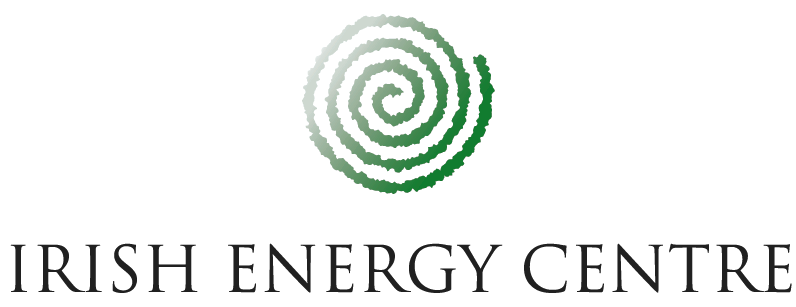
European Union programmes are an important source of funding for energy related research, development and demonstration work. The most important EU energy programmes are:
The focus of JOULE-THERMIE is on technology. Demonstration projects and information dissemination are supported under the THERMIE component of the programme, and research work is funded through JOULE. The more infrastructural, economic and institutional aspects of energy are addressed through SAVE and ALTENER. ALTENER is devoted exclusively to renewable energy sources, and the rational use of energy is the focus of SAVE.
The JOULE-THERMIE programme is the non-nuclear energy component of the EU's Fourth Framework Programme. It covers the rational use of energy, renewable energy sources and cleaner fossil fuel conversion.
THERMIE A supports demonstration projects of innovative near-market technologies. Eligible areas include renewable energy, rational use of energy (transport, buildings, industry), and fossil fuels (solid fuels and hydrocarbons). Up to 40% support is available for eligible costs.
THERMIE B supports information dissemination, strategy development, and technology stimulation, with up to 50–100% funding depending on activity.
The Irish Energy Centre hosts an Organisation for the Promotion of Energy Technology (OPET). The OPET Network disseminates innovative energy technologies and is supported by DG XIII and DG XVII. Services include training, workshops, exhibitions, and market studies for stakeholders such as public authorities, industry, and financial institutions.
ALTENER promotes renewable energy across the EU. ALTENER I (1993–1997) supported studies, standardisation, and pilot actions. ALTENER II (1998–1999) expanded to include investment mobilisation and progress monitoring, with ECU 22 million in funding.
SAVE supports energy efficiency policies and investments. Actions include energy labelling, pilot projects, education, and training. It also encourages cooperation among EU states and energy management at local levels. Funding is available via public calls for buildings, transport, industry, and energy agency creation.